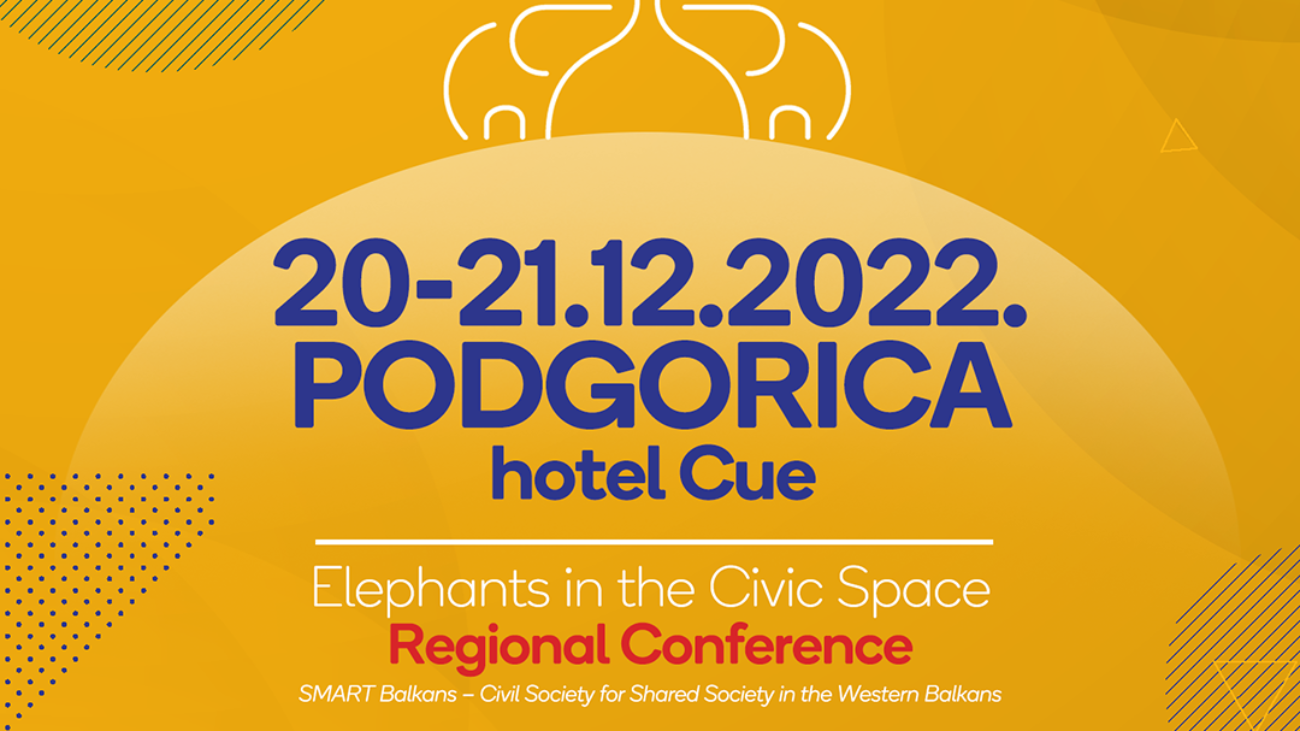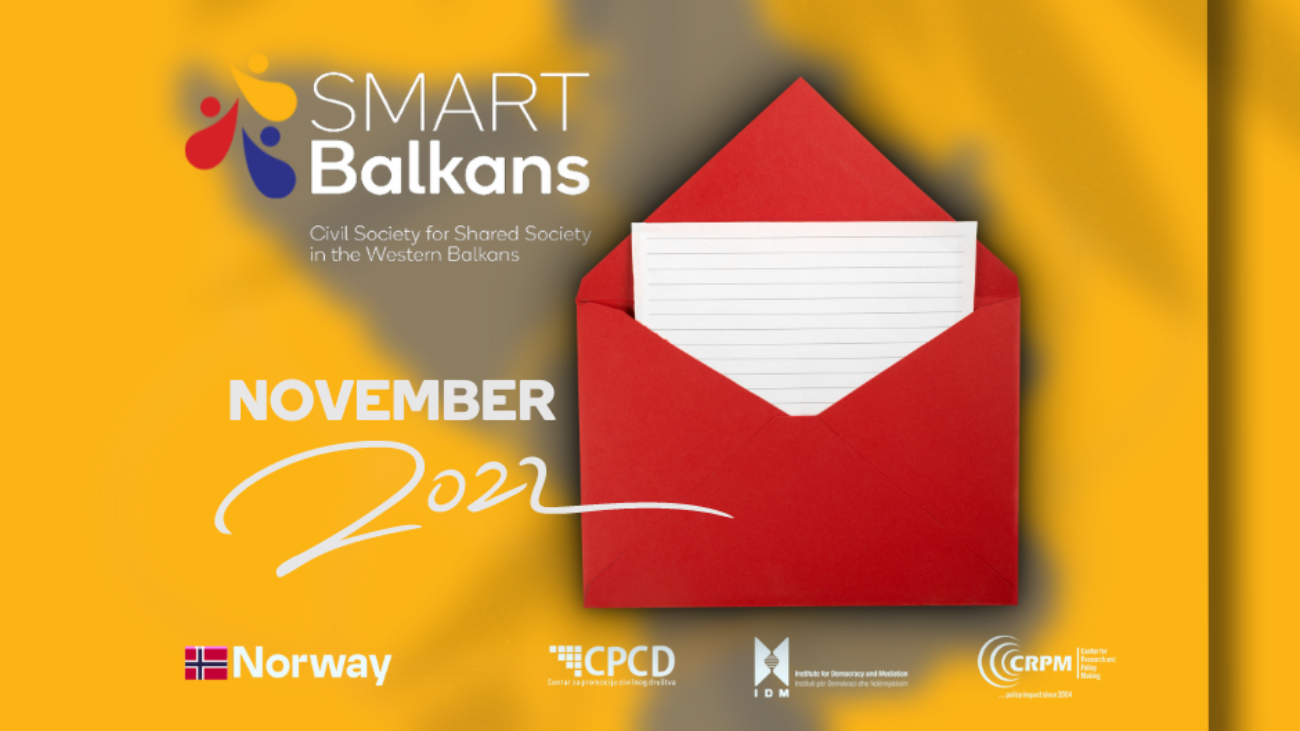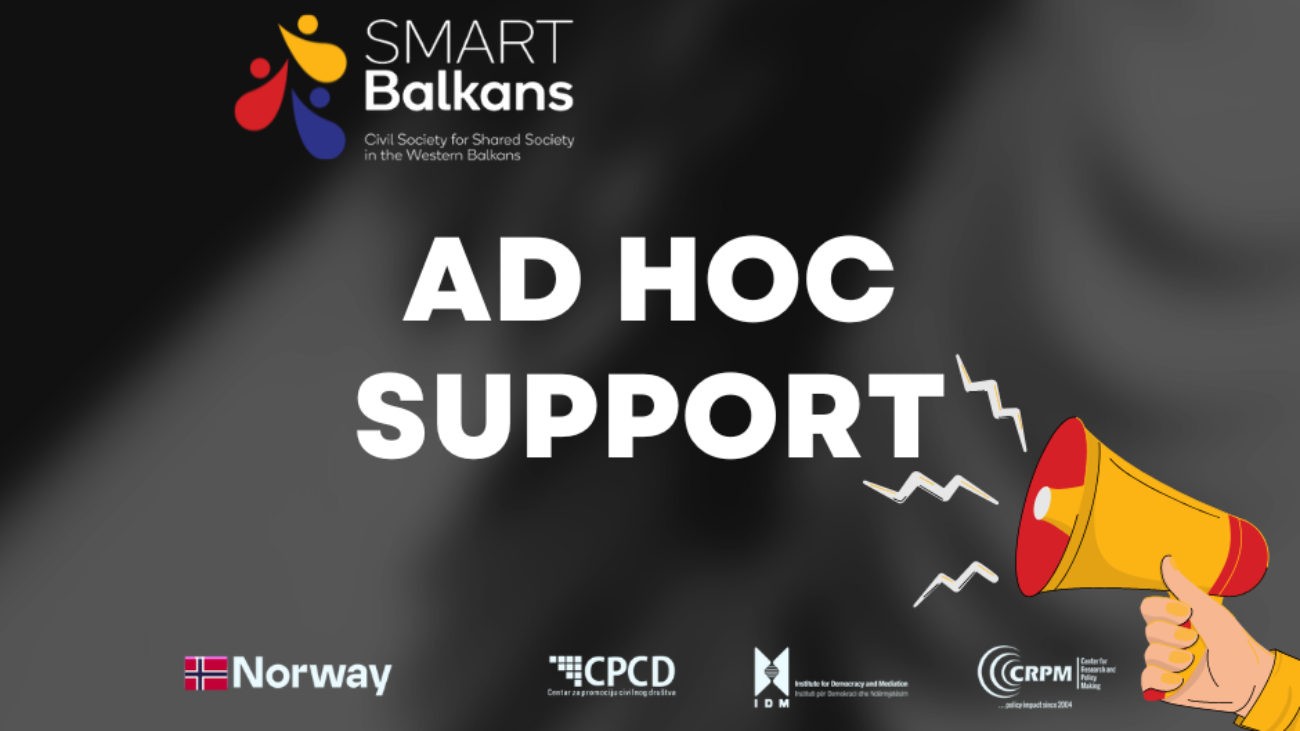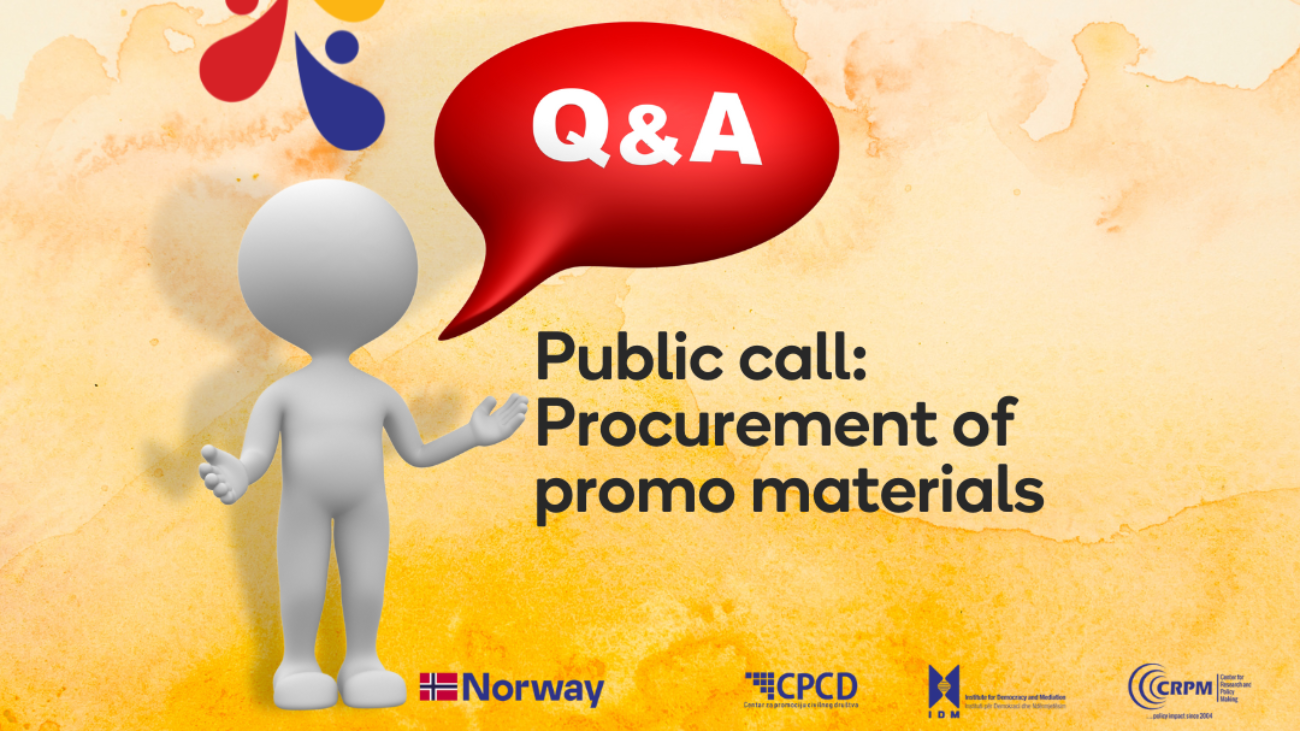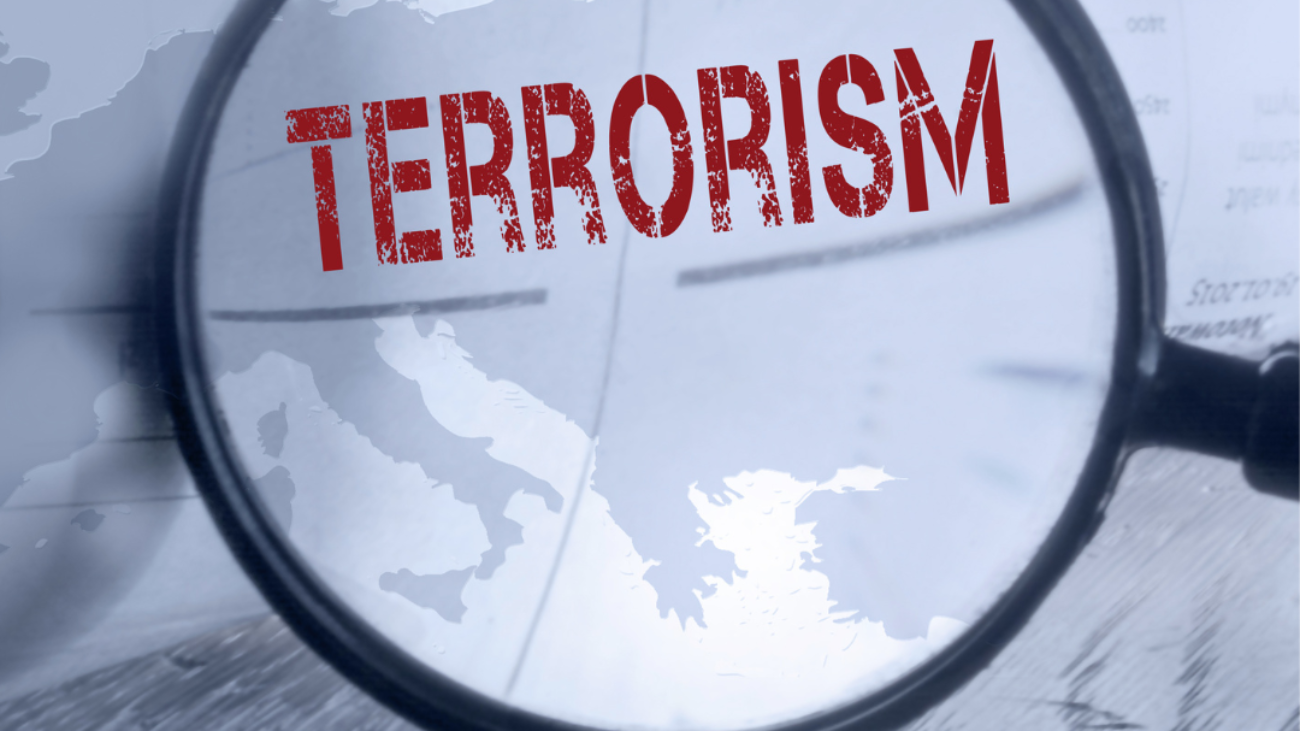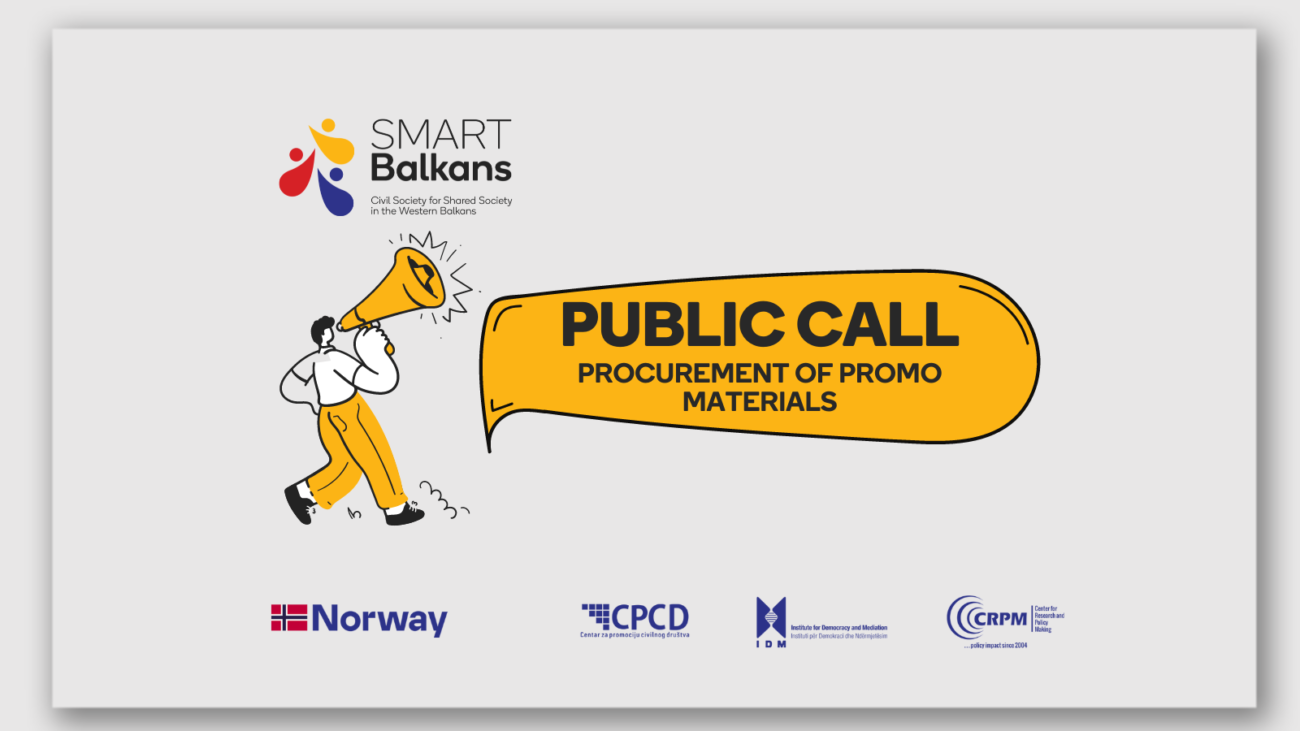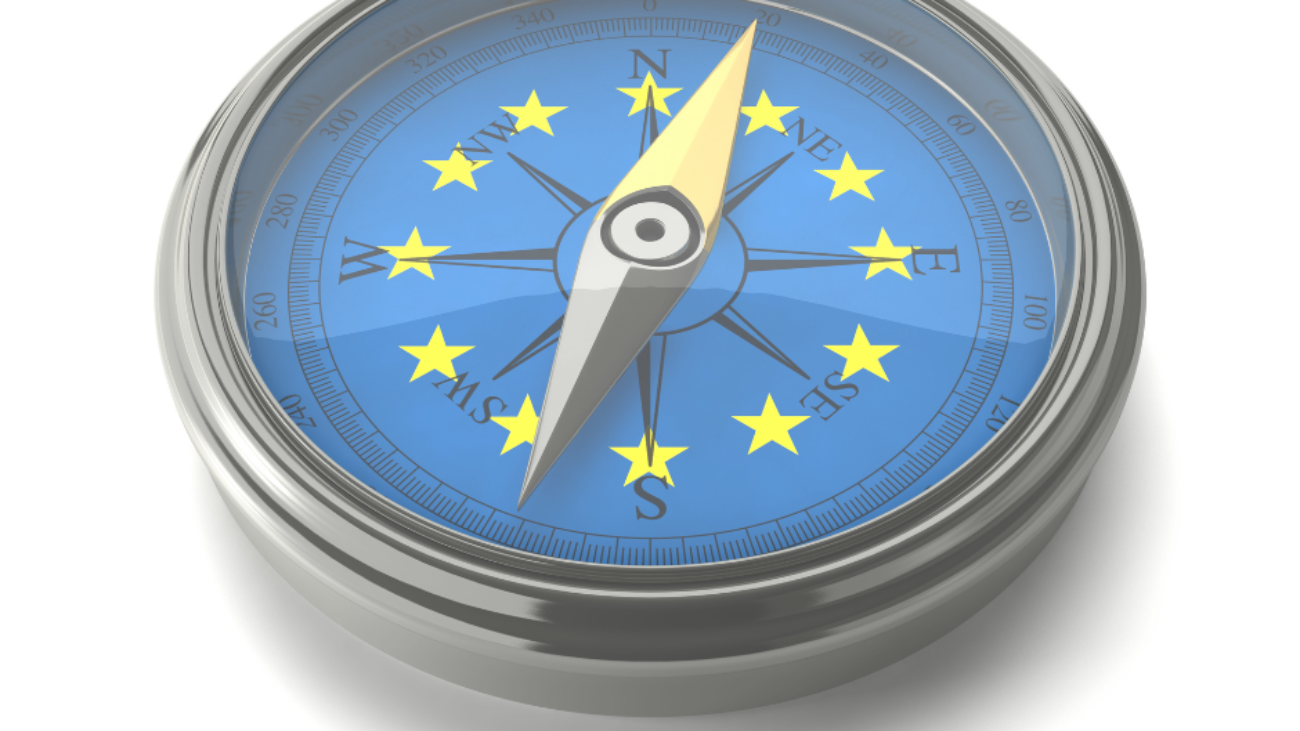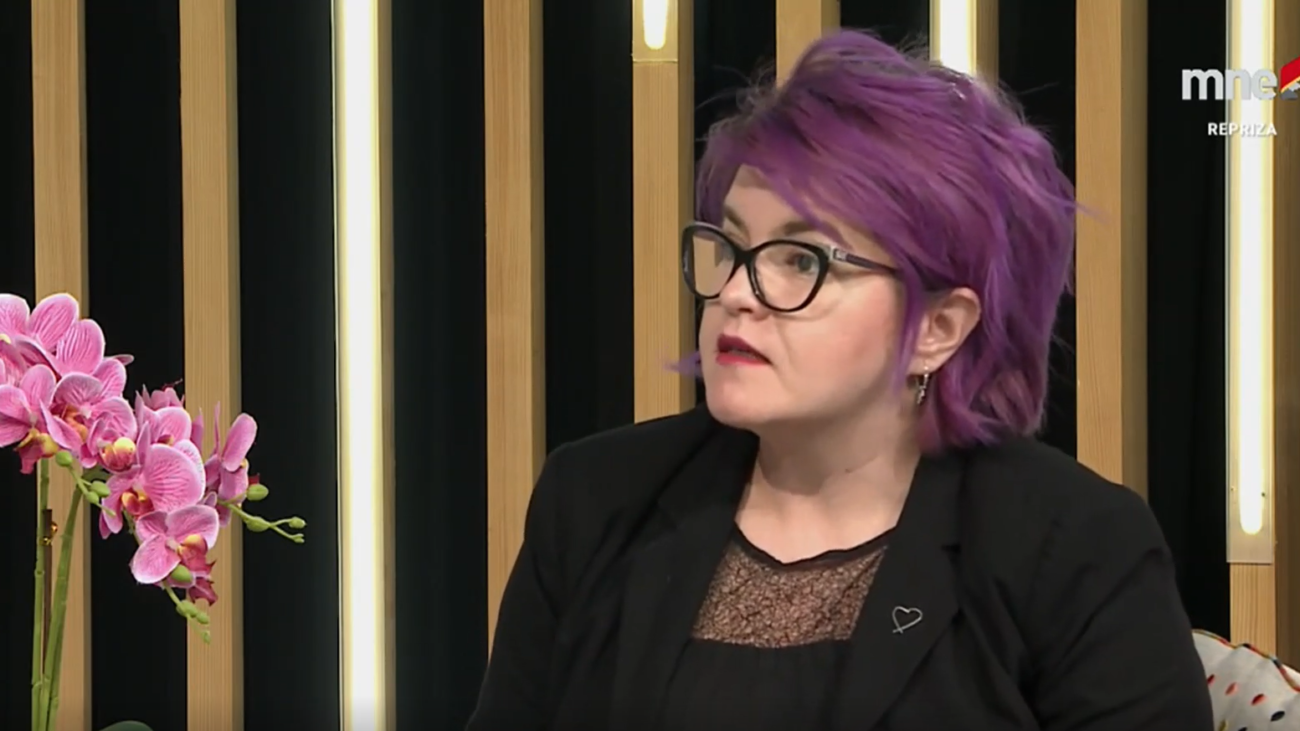writes: Aleksandar Cekov
On 02.11.2022, MPs adopted the amendments to the laws on associations and political parties, which ban civil associations, foundations and political parties from using names, nicknames, pseudonyms that are related to fascism, Nazism, genocide, the Third Reich, etc.
These changes were initiated after a larger group of citizens held a protest on 07.10.2022 in Ohrid, N. Macedonia against the announced opening of the Bulgarian club “Boris III”. The citizens’ protest, according to the organizers and citizens, was directed against an association that bears the name of “a famous fascist statesman from the period of the Second World War (Tsar Boris III) , who was in close relations with Hitler” [1]. Thus, a debate was opened in the public about the need to legally regulate the use of names, nicknames, pseudonyms that would cause negative feelings among a certain ethnic community or if the goals were in the direction of changing the constitutional order of the state.
Soon after, on 17.10.2022 at the initiative of the parliamentary group of the opposition VMRO-DPMNE, the deputies in the Assembly of the Republic of N. Macedonia gave their support for the adoption of the Draft Law on Amendments and Supplements to the Law on Associations and Foundations[2]. As was explained by one of the petitioners of the initiative, these legal amendments aim to put an end to the opening of associations and foundations whose programs, goals, activities and actions are aimed at the violent demolition of the country’s constitutional order, at encouraging and calling for military aggression, as well as inciting national, racial, religious hatred or other intolerance, intolerance, hatred, genocide, extermination, spreading or supporting, inciting and endorsing fascism, Nazism, National Socialism and the Third Reich, as well as undertaking related activities with terrorism or activities contrary to the Constitution [3].
Taking into account that the new legal provisions additionally regulate the registration of civil organizations, defining the status of non-profit organizations as well as the method of their financing, in this blog amendments to the law are presented, in order to outline the impact of the legal changes on the enabling environment for civil society organizations.
Paragraphs 4 and 5 are added to Article 8, paragraph 3 of the Law on Associations and Foundations, which read:
“Names that on any basis in the past have been associated and cause racial, religious, national, ethnic and other intolerance, hatred, genocide, extremism, spreading or supporting fascism, Nazism, National Socialism and the Third Reich cannot be used. If such a name is included in the name of the association, approval is given by the Minister of Justice, upon the recommendation of a Commission that will be formed by the Minister of Justice with representatives of the Ministry of Culture, the Institute of National History, Macedonian Academy of Science and Arts and the Ministry of Justice.”
Furthermore, changes are foreseen in article 18, paragraph 2, paragraphs 2 and 3, where the following text is added:
“The goals of the association must not cause racial, religious, national, ethnic and other intolerance, intolerance, hatred, genocide, extermination, spread or support of fascism, Nazism, National Socialism and the Third Reich.”
“The activities that achieve the goals must not cause the above-mentioned intolerances”
In Article 31, paragraph 2, paragraphs 2 and 3, it is stipulated that the objectives of the association or foundation shall not cause any impatience, intolerance, hatred, as well as the spread of fascism.
The law also has a retroactive effect and applies to already registered associations and phonations. Namely, in the final provisions it is proposed that the associations and foundations that do not act according to the mentioned changes, cease to be valid by force of law and are deleted from the register after the Minister of Justice makes a decision.
The “RADKO” case
The opening and registration of the association “Tsar Boris the Third” has many similarities with the so-called “RADKO” case, when a debate was practically opened in public about the use of disputed (controversial) names and nicknames. Namely, “Radko” is the pseudonym that was used by a controversial figure in Macedonian history – Ivan (Vancho) Mihajlov, and was used as the name of a citizens’ association registered in the Republic of Macedonia.
In 2001, by decision of the Constitutional Court of the Republic of Macedonia, the association “Radko”, which was registered in 2000, was abolished. The association contested the decision of the Constitutional Court of the Republic of N. Macedonia before the European Court of Human Rights in Strasbourg, which ruled [4]in favor of the association stating that the right to free association was violated. Furthermore, the decision states that such tensions can occur, but that they are a product of pluralism, and the state is obliged to ensure tolerance between different societal groups.
[1] https://www.dw.com/mk/klubot-car-boris-treti-vnese-nemir-vo-ohrid-obvinuvana-za-predavstvo-i-provokacii/a-63371327
[2]Official Gazette of the Republic of Moldova no. 52/16.04.2022 available at: https://www.slvesnik.com.mk/Issues/623772ADC92FEE42A1DB496E1E190648.pdf
[3] https://novamakedonija.com.mk/makedonija/pratenicite-od-vlasta-i-opozicijata-ednoglasni-za-izmenuvanje-na-zakonot-za-zdruzhenija-i-fondacii/
[4] https://hudoc.echr.coe.int/app/conversion/pdf/?library=ECHR&id=003-2612931-2834655&filename=003-2612931-2834655.pdf

